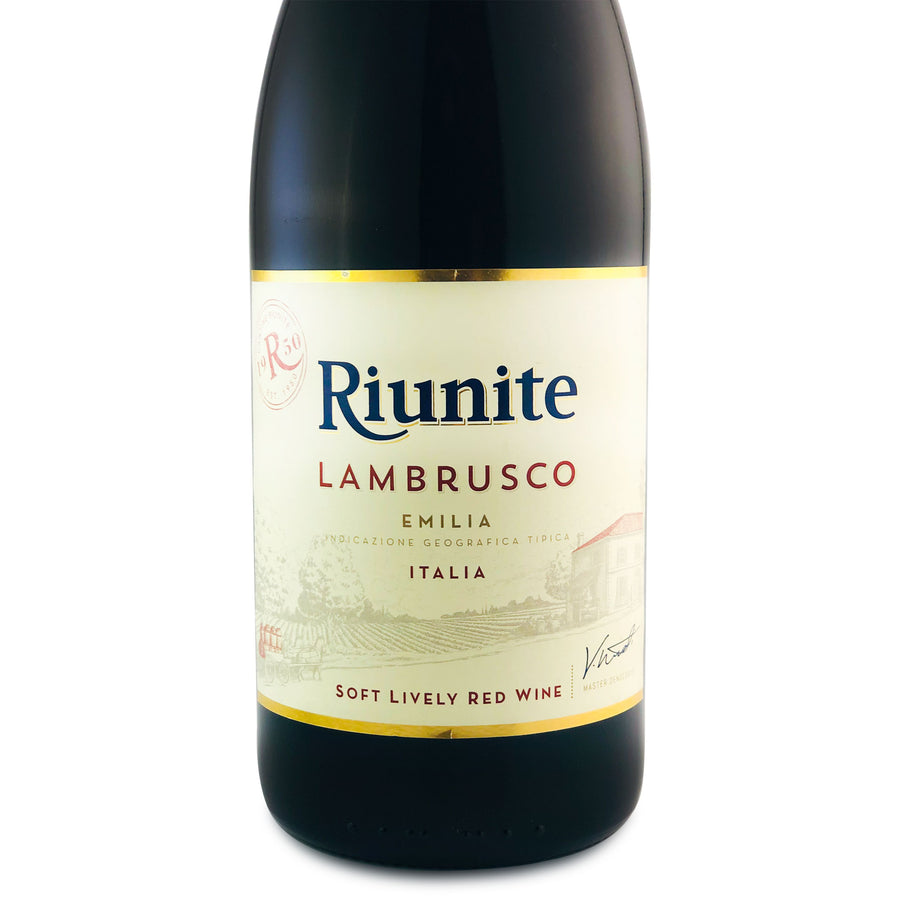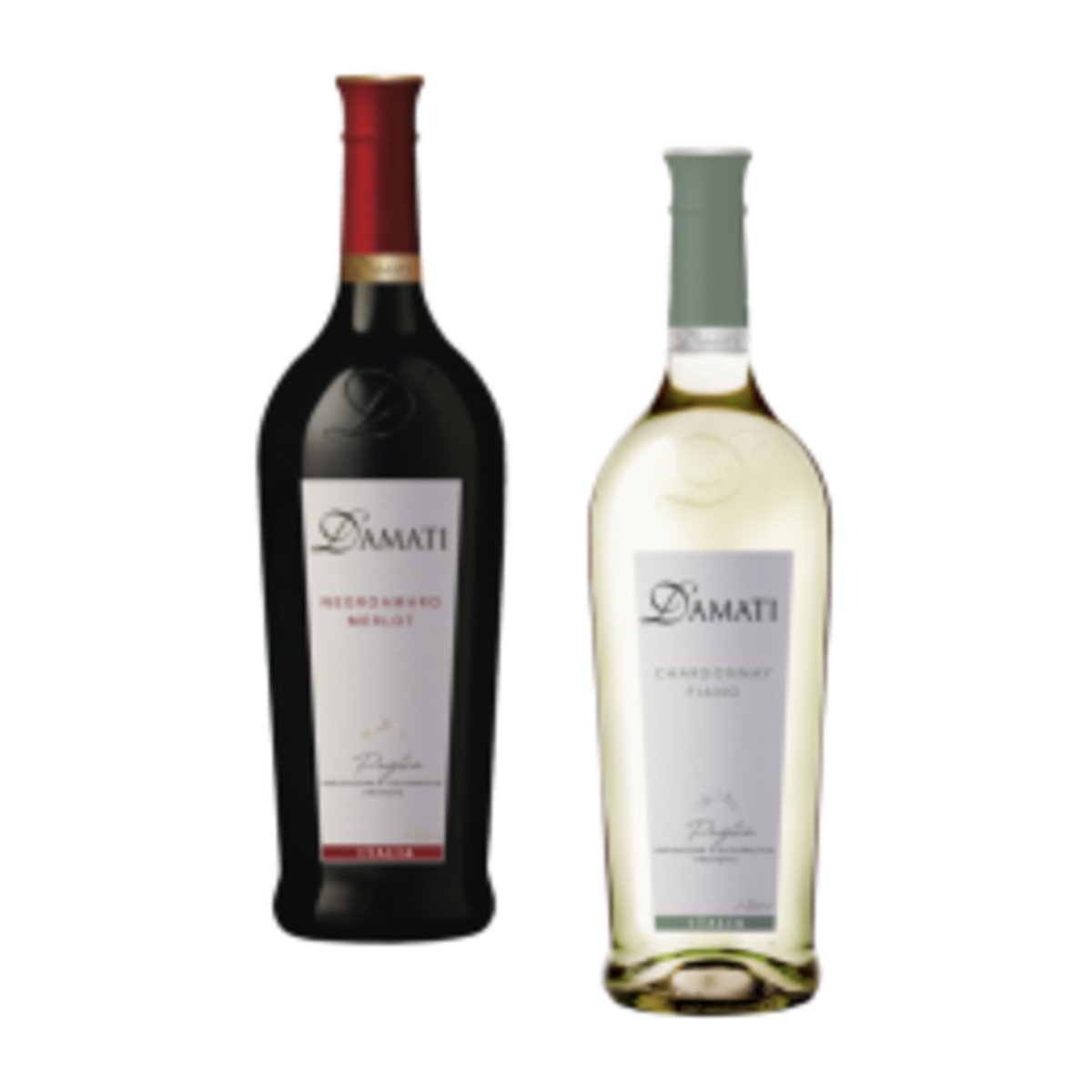

In this wine region only Sorbara and Salamino are permitted in the DOC designated wine with at least 60% needing to be Sorbara. The color can range from a deep ruby to a purplish hue. It has some similarities to Lambrusco Salamino but produces a darker and more full-bodied wine.
RIUNITE LAMBRUSCO WINE CALORIES FULL
The sweet versions of the wine are typically in the light bodied frizzante style while the drier wines are more full bodied and darker in color. Up to 15% of added Ancellotta grapes are permitted in the DOC as well. The 4 Lambrusco grapes that can be used are Maestri, Marani, Montericco, and Salamino.

The wine of this region is typically dry and full bodied with a deep purplish-red coloring. The region is home to Grasparossa of which the DOC requires 85% of the wine to be composed of lambrusco.

Typical Emilian food: gnocco fritto, salame, and lambrusco The most widely planted variety is Lambrusco Salamino. īy the end of the 20th century, ampelographers had identified over 60 varieties of Lambrusco scattered throughout Italy, including in Piedmont, Sicily and the Veneto. When not fermented sweet, the Lambrusco grape is capable of producing an excellent dry wine with strawberry notes and a slight bitter finish. The grape itself is not particularly sweet but many of the commercial Lambrusco versions are sweetened by either partial fermentation or with the addition of rectified concentrated grape must. Historically the vines were trained to climb up poplar trees. The grape vines are often trained high above the ground to prevent the development of mildew. 15%), such as Ancellotta (for color), Marzemino, Malbo Gentile, Cabernet Sauvignon (for body and structure), and others. Most Lambruscos are made from more than one Lambrusco variety and additionally often blended with a number of specific blending grapes (max. All of these various Lambrusco grapes are indigenous to Emilia and neither clones nor sub-clones. The most commonly found six Lambrusco varieties are Lambrusco Grasparossa, Lambrusco Maestri, Lambrusco Marani, Lambrusco Montericco, Lambrusco Salamino, and Lambrusco Sorbara. Grape Įffervescence in a glass of "Lambrusco Grasparossa di Castelvetro"
RIUNITE LAMBRUSCO WINE CALORIES SKIN
During that time the wine was also produced in a white and rosé style made by limiting the skin contact with the must. Throughout the 1970s and 1980s sweet Lambrusco was the biggest selling import wine in the United States. The most highly rated of its wines are the frizzante (slightly sparkling) red wines, designed to be drunk young, from one of the eight Lambrusco denominazione di origine controllata (DOC) regions: Colli di Parma Lambrusco, Lambrusco Grasparossa di Castelvetro, Lambrusco di Sorbara, Lambrusco Salamino di Santa Croce, Reggiano Lambrusco, Colli di Scandiano e Canossa Lambrusco, Modena Lambrusco, and Lambrusco Mantovano. In Roman times Lambrusco was highly valued for its productivity and high yields, with Cato the Elder stating that produce of two thirds of an acre could make enough wine to fill 300 amphoras. The grape has a long winemaking history, with archaeological evidence indicating that the Etruscans cultivated the vine. The grapes and the wine originate from four zones in Emilia-Romagna and one in Lombardy―principally around the central provinces of Modena, Parma, Reggio-Emilia, and Mantua. Lambrusco ( / l æ m ˈ b r ʊ s k oʊ/ Italian: ) is the name of both an Italian red wine grape and a wine made principally from said grape. A glass of Lambrusco ( Grasparossa version).


 0 kommentar(er)
0 kommentar(er)
